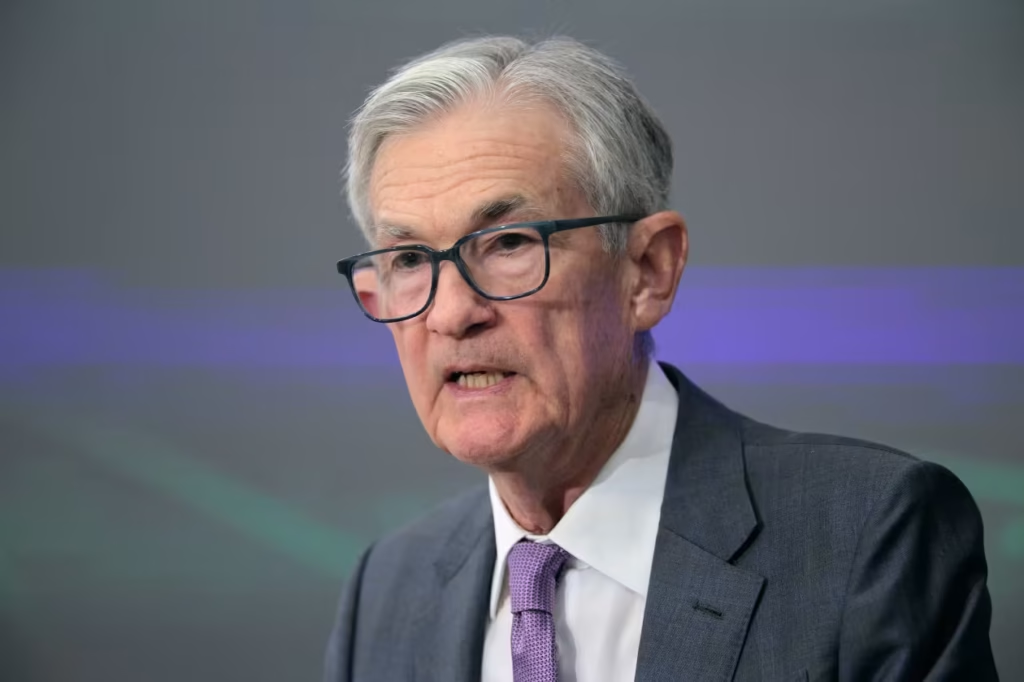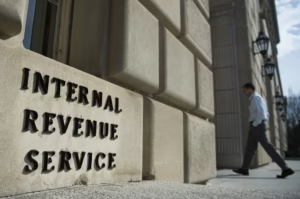According to Jon Faust, a former top assistant to Fed Chairman Jerome Powell, the Israel-Iran confrontation “is a major wild card” for the Fed and could lead to an economic downturn, albeit it is too early to tell how it will end out.
“To the extent [the conflict] yields a large rise in oil prices and a further shock to uncertainty, and thereby confidence, is the sort of thing that would tip a slowdown,” Jon Faust, a fellow at Johns Hopkins University’s Center for Financial Economics, told MarketWatch.
“Recessions typically follow a shock that severely shakes firms and consumers. One might be emerging in the Middle East at this very moment. That situation is now a little more likely,” he stated.
To determine interest-rate policy, Fed policymakers will convene on Tuesday and Wednesday. For the fourth consecutive meeting, it is generally anticipated that Fed officials would keep interest rates unchanged. Since December, the Fed has maintained its benchmark rate between 4.25% and 4.5%.
Prior to advising Powell, Faust served as a senior counselor to former Fed leaders Janet Yellen and Ben Bernanke. He spent over 20 years on the central bank’s staff earlier in his career before departing for academics.
The main question for this week’s Fed meeting, according to Faust, is if Powell provides additional insight into whether there is a higher chance of an inflationary outbreak or a future downturn of the labor market, as reported by MarketWatch.
“That’s going to give some indication about what’s happening in policy over the rest of the year,” Faust stated.
Faust pointed out that the central bank hasn’t leaned significantly in either direction thus far.
Powell has voiced concern that the tariffs imposed by the Trump administration, which were greater than anticipated, are likely to cause either a weaker labor market or higher inflation.
Two rate cuts for this year were planned by Fed officials in March. Fed observers are waiting to see if the revised forecast, which is expected to be presented this week, indicates fewer changes.
The so-called “dot plot,” which shows what the 19 Fed officials believe the direction of interest will be, will not have much weight, according to Faust.
He pointed out that there is now a case to be made for zero, one, or two cutbacks this year.
“I think they will cut when the data support it, and not until then,” Faust stated.
In recent days, as part of a White House drive for lower rates, President Donald Trump has increased his disparaging remarks about Powell in interviews and on social media. Although receiving criticism for your work is never pleasant, Faust stated that the criticism is “largely irrelevant” to the direction of Fed policy.
According to Faust, the recent inflation data for May, which was lower than anticipated, does not portend a faster Fed response. According to him, the numbers allay some concerns regarding the “worst case” of inflation, which is when significant price increases occur quickly.
“That was never the most likely scenario, in my opinion. Additionally, tariff-related inflation is still in its early stages,” he stated.
According to Faust, if the Fed didn’t lower rates this year, it would be good news for everyone but the president since it would indicate that the labor market was still strong and that the US economy hadn’t deteriorated enough to warrant a cut.
In order to keep inflation under control, Fed Governor Chris Waller has argued for a “good news” rate drop this year. This “good news” scenario, according to Faust, is less plausible in the near future because the tariff situation is unlikely to clear up by September; there is still too much uncertainty regarding the final location of the duties and their potential impact.
Faust stated that he believes there is a 50/50 likelihood of a rate cut in December and that the data probably won’t support any action in September.
“With all of the uncertainty in the world, that chance has increased somewhat. However, he stated that there is no guarantee that we would experience any cuts this year.





